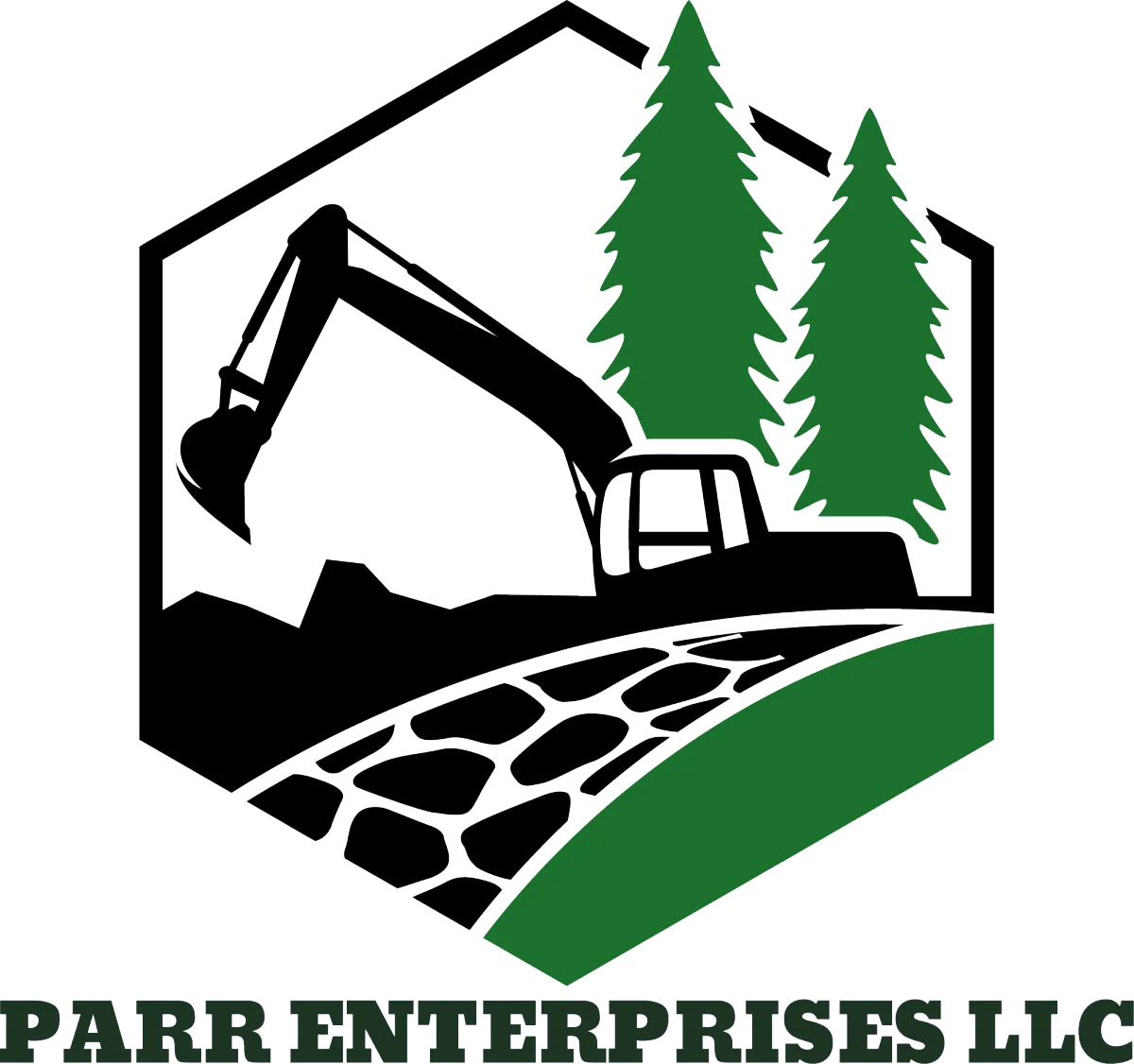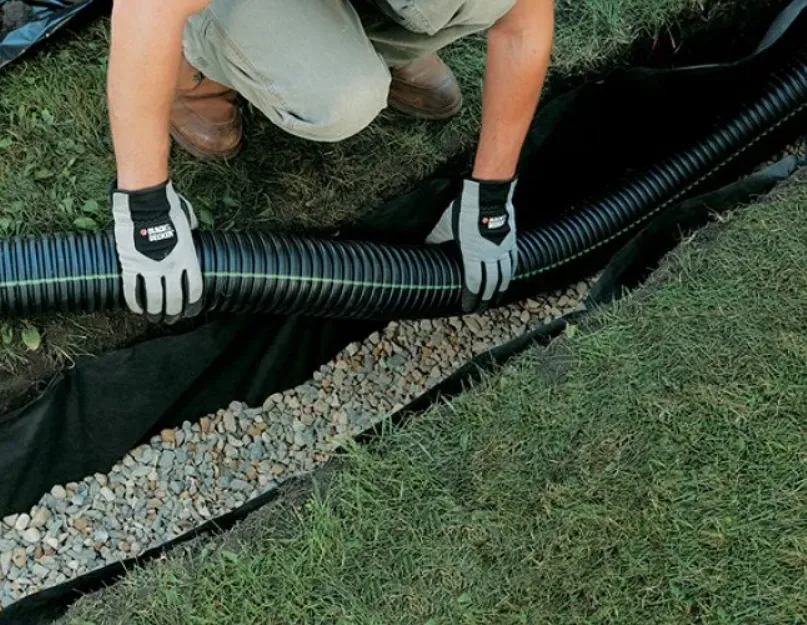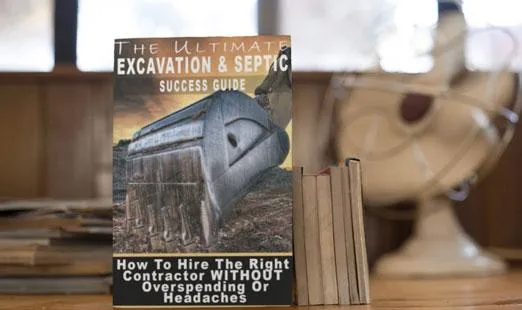
Serving Washington : Pierce, King Counties

The Truth About Pricing French Drains Near Pierce County, WA
If you’re a homeowner in Pierce County, chances are you’ve looked out at your yard after a heavy rain and felt that sinking feeling: puddles where they don’t belong, a lawn that stays soggy, or even water creeping toward your foundation. And with that comes the big question—how much is this going to cost me to fix?
We understand the worry. You work hard for your home, and the thought of unexpected bills for something as invisible as underground drainage feels overwhelming. Many homeowners we talk to share the same fears:
Fear of hidden costs that only show up once the digging starts.
Concern about being overcharged by contractors who don’t explain what goes into the price.
Frustration with conflicting advice about what kind of drain system you actually need.
We’ve been there with our clients. At Parr Enterprise LLC, based in Orting and serving Pierce and King Counties, we know that being upfront about cost takes away a lot of the stress. That’s why we want to break down the truth about French drain pricing—what drives the costs, what contractors don’t always tell you, and how you can prepare without getting caught off guard.

What a French Drain Really Is (And Why It Matters for Pricing)
A French drain sounds fancy, but at its core, it’s a simple system: a trench filled with gravel and a perforated pipe that redirects water away from where it shouldn’t be. The design is straightforward, but the installation details can make the difference between a drain that works for decades and one that fails after a few seasons.
Why does this matter for pricing? Because what seems like “just digging a trench” can quickly turn complicated depending on:
How deep the pipe needs to be.
What kind of soil you have (clay, loam, or rocky ground).
Whether heavy equipment is needed to break through tough layers.
These details don’t always show up on the first estimate, which is why some homeowners are caught off guard by the final bill.
The Main Factors That Drive French Drain Costs in Pierce County
Here are the biggest pieces of the cost puzzle:
Length of the Drain – A 20-foot French drain costs much less than one that needs to stretch 100 feet across a yard. Labor and materials scale up quickly with distance.
Depth and Complexity – A shallow drain for a soggy lawn is simpler than a deep foundation drain to protect a basement. The deeper the trench, the more work and equipment it takes.
Materials – Quality matters. Contractors might cut costs by using thinner pipe or less gravel, but that often means the system won’t last. Higher-quality filter fabric and pipe add upfront cost but save headaches later.
Access to the Site – If your yard is flat and open, installation is easier. But if there are fences, landscaping, or tight spaces for equipment, costs rise.
Permits and Local Rules – Some areas in Pierce County require permits for certain drainage projects. Fees and inspections can add to the total.
Hidden Costs Contractors Rarely Mention
This is where homeowners often get frustrated—contractors who give a low initial estimate but leave out “extras.” Some hidden costs to watch for:
Hauling away excess soil: Digging a trench creates a lot of dirt. Disposing of it isn’t always free.
Restoring landscaping: Grass, plants, or hardscape may need repair after digging.
Dealing with unexpected obstacles: Tree roots, buried rocks, or old pipes can slow down work.
Drainage outlet: A French drain needs somewhere to send water. If tying into an existing storm drain isn’t possible, building a dry well or outflow trench adds cost.
As a homeowner, it’s fair to ask your contractor up front: What’s not included in this estimate?
French Drains vs. Other Drainage Solutions: Cost Comparisons
Sometimes, a French drain is the best fit. Other times, another solution works better (or cheaper). Here’s a breakdown:
French Drain – Best for redirecting groundwater and preventing soggy yards or foundation leaks. Moderate cost, long lifespan if installed correctly.
Dry Well – Collects water in one place and lets it soak into the ground. Often cheaper, but less effective if you have high water tables.
Sump Pump – Actively pumps water out of a basement or crawlspace. Effective but requires electricity and ongoing maintenance.
Grading/Land Reshaping – Sometimes re-sloping a yard is all it takes. Costs vary depending on how much earthwork is needed.
Knowing these comparisons helps you see whether a French drain is truly worth the investment for your property.
DIY vs. Hiring a Contractor: Where the Real Savings Are
You might wonder if this is a project you can tackle yourself. After all, it’s just digging, right? Not exactly.
DIY French Drain – You can save on labor, but it’s easy to make mistakes: digging too shallow, using the wrong materials, or forgetting filter fabric. A poorly built DIY drain often clogs within a year or two.
Hiring a Contractor – You pay more upfront, but you get experience, equipment, and a system designed for your specific yard. Plus, a professional can spot problems (like foundation cracks or poor grading) that go beyond just drainage.
For most Pierce County homeowners, hiring a pro ends up cheaper in the long run because you avoid the cost of re-doing the work.
Common Problems That Can Raise Your French Drain Price
No two yards are the same, and here are some issues that can drive costs higher:
Tree roots blocking the trench path.
Underground utilities that need to be marked and avoided.
Poor soil that requires more gravel or fabric.
A high water table that demands deeper or multiple drains.
These aren’t always predictable until the digging begins, but a contractor familiar with Pierce County conditions should warn you about likely risks before starting.
Soil, Rain, and Pierce County’s Climate: How Location Impacts Cost
Pierce County gets more rainfall than many areas of the country, and that matters. Heavy rains test French drains quickly, meaning they need to be built right the first time. Our clay-heavy soils in certain areas also drain poorly, which means deeper trenches and more gravel are often required.
In short, a French drain here might cost more than one in a drier climate—but that’s because it has to handle tougher conditions.
What Local Homeowners Are Saying About Their French Drain Prices
We’ve heard it all:
“It was more expensive than I expected, but worth it once my basement stayed dry through the winter.”
“I thought the quote was high, but when I factored in landscaping repairs, it made sense.”
“I wish I had asked more questions about where the water would drain—I had to add a dry well later.”
Real homeowners in Pierce County remind us that cost is only part of the story. Peace of mind is the other half.
How to Get an Honest Estimate Without the Surprises
Here are steps we recommend to every homeowner:
Ask for a detailed written estimate that breaks down labor, materials, disposal, and restoration.
Confirm what’s not included (like landscaping repair).
Request to see examples of past work in Pierce or King Counties.
Compare more than just price—look at materials and methods.
Why the “Cheapest” Option Isn’t Always the Best Value
We’ve seen it too many times: homeowners pick the lowest bid, only to pay twice when the system fails. A French drain is one of those projects where quality really matters. Cheap shortcuts—like thin pipe, no filter fabric, or shallow trenches—don’t last in our wet climate.
Finding the Right Fit: Choosing a Contractor Who Understands Pierce County Homes
The best contractor isn’t always the biggest name or the lowest bidder. It’s the one who:
Knows local soil and weather patterns.
Takes the time to explain your options.
Customizes the design to your property, not a one-size-fits-all approach.
That’s how we approach every job at Parr Enterprise LLC. We’re not a huge firm, but we’re focused on tailoring drainage solutions for our clients because no two yards are alike.
Final Thoughts: Planning Ahead to Avoid Drainage Headaches
Water problems don’t go away on their own. The longer you wait, the more expensive the fix can get. By understanding what truly drives French drain costs near Pierce County, you can budget smarter, ask better questions, and avoid the frustration of hidden fees.
The truth is simple: a French drain is an investment in your home’s health. With the right contractor, it’s an investment that pays off every rainy season.

AVOID COSTLY MISTAKES:
Do NOT hire an excavating contractor without first reading our free guide:
The ULTIMATE Excavation & Septic "Success Guide."

Hours: 6:00am-4:00pm PST M-F
Extended hours by appointment only.
Address: 20221 212th St. East Orting, WA 98360